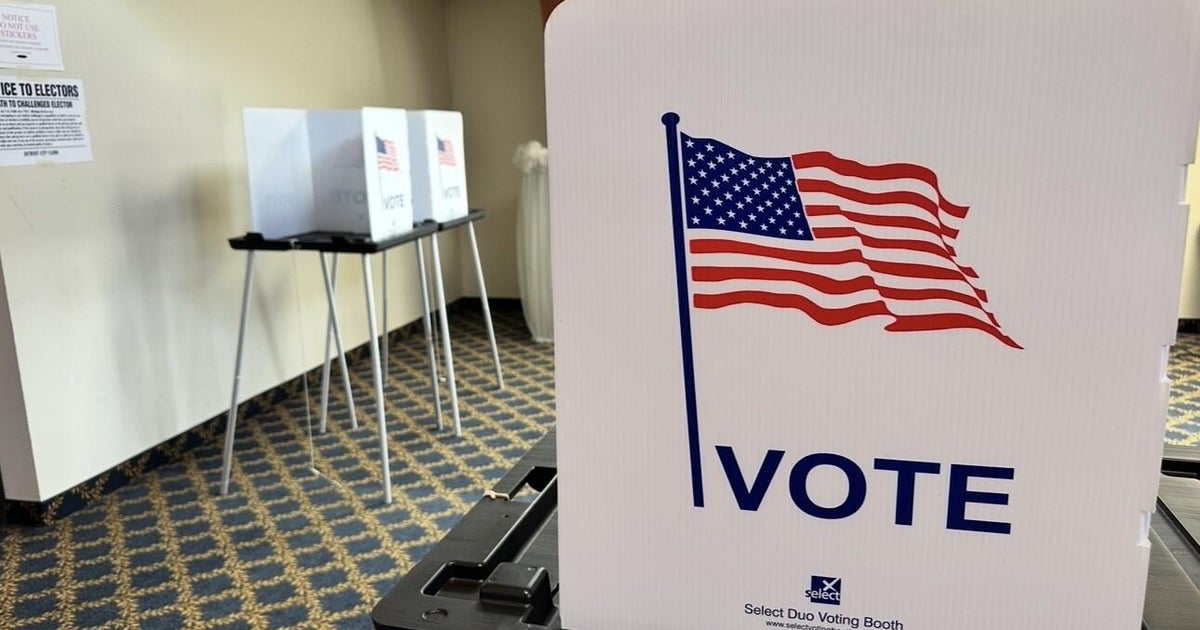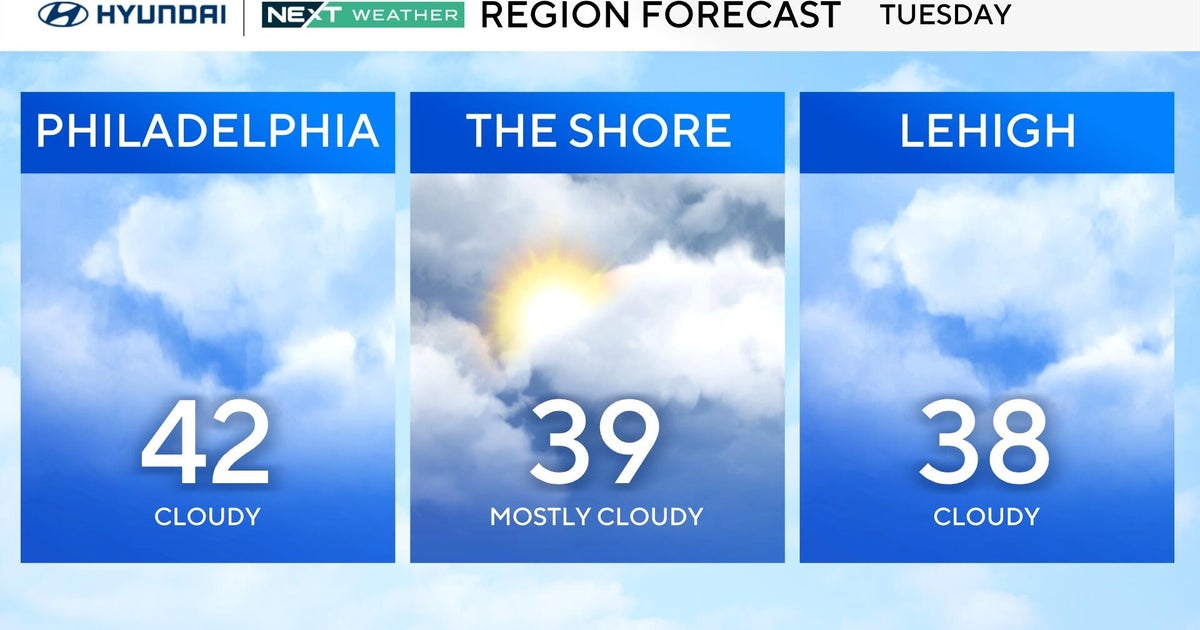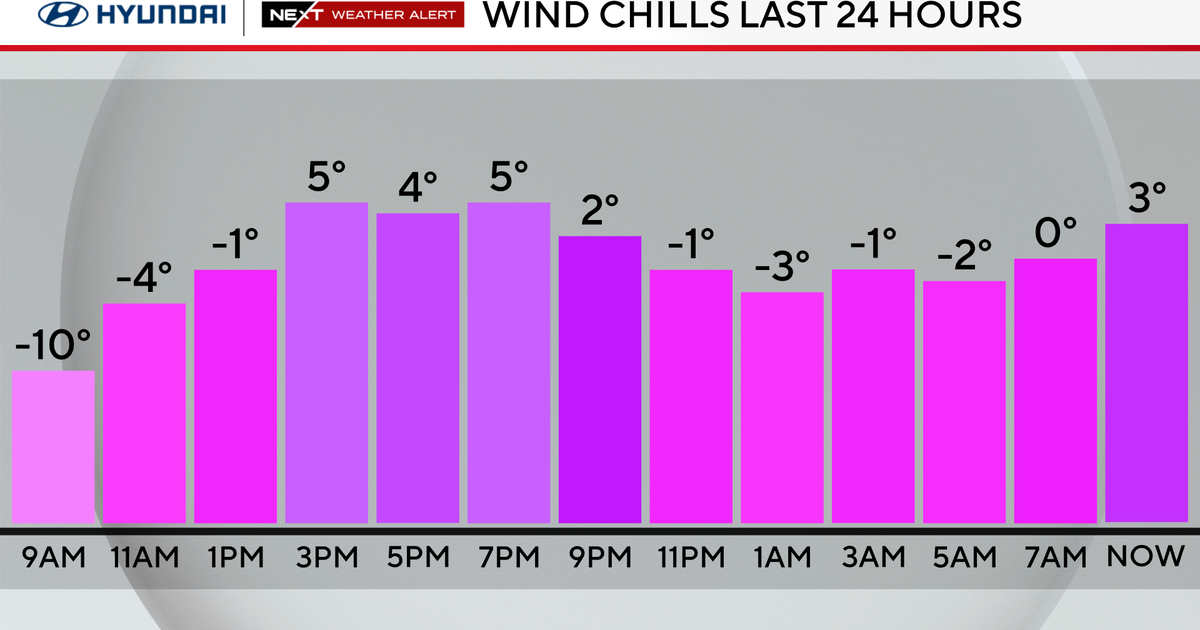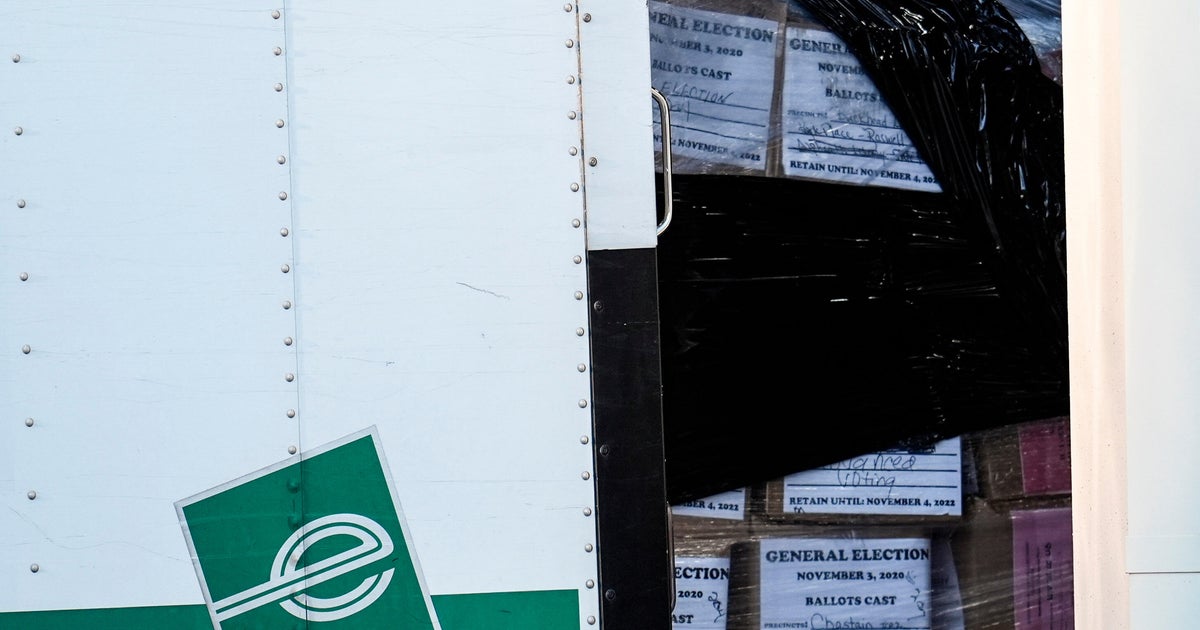Yellen: We have plan in place in case more banks fail
Treasury Secretary Janet Yellen worked to reassure bankers that the government is commitment to helping stabilize turmoil in the banking system when she spoke before America's top banking lobby Tuesday morning. She signaled that the government has a playbook if other financial institutions, like Silicon Valley Bank, collapse and pose a risk to banking sector.
In the speech to the American Bankers Association, Yellen discussed the government's emergency rescue of SVB and Signature Bank's depositors — and said similar action could be taken in the event of a bank run.
"The steps we took were not focused on aiding specific banks or classes of banks," Yellen said. "Our intervention was necessary to protect the broader U.S. banking system. And similar actions could be warranted if smaller institutions suffer deposit runs that pose the risk of contagion."
Her comments were aimed at reassuring depositors and Wall Street investors as the government and the nation's top bankers rush to contain the worst banking crisis in 15 years.
"The situation is stabilizing," Yellen said. "And the U.S. banking system remains sound. The Fed facility and discount window lending are working as intended to provide liquidity to the banking system. Aggregate deposit outflows from regional banks have stabilized."
The collapse of Silicon Valley Bank and Signature Bank sent a shockwave across the global financial system earlier this month. The government stepped in to guarantee the funds of all depositors soon afterward. SVB was shut down by California regulators after depositors rushed to withdraw funds amid concerns about the bank's balance sheet. The Federal Deposit Insurance Corporation (FDIC) was appointed receiver and created the Deposit Insurance National Bank of Santa Clara, to which all insured deposits of Silicon Valley Bank were transferred.
The 40-year-old bank ranked as the 16th-largest in the U.S. before its failure and is the largest financial institution to collapse since Washington Mutual at the height of the financial crisis in 2008. Signature Bank's failure marks the third-largest bank collapse in U.S. history, according to The Associated Press.
Fears about the stability of other midsize regional U.S. banks have shaken the banking sector.
First Republic Bank continues to struggle as it works to convince investors it is viable. Earlier this week, ratings agency Standard & Poor's dropped its credit rating on First Republic deeper into junk status, to B+ from BB+ and said that it remains on its negative credit watch list, "indicating we could lower the rating further if the bank is unable to demonstrate some progress in stabilizing deposits and recovering the franchise value that, in our view, have likely eroded." Last week, the nation's top 11 banks injected $30 billion of liquidity to shore up the troubled bank.
Yellen told bankers that the Treasury Department is closely monitoring the situation and is committed to ensuring the ongoing health and competitiveness in the banking system: "A safe and sound banking system is integral to the health of the American economy. We are squarely focused on doing our job. And you should rest assured that we will remain vigilant."
Yellen said she did not want to speculate on what regulatory adjustments might take place in the wake of the banks collapsing, but said that there is time to evaluate whether changes are necessary in supervision and regulation to address the cause of the recent crisis.
The Treasury Secretary emphasized there are key differences between the current situation and the 2008 financial crisis, noting financial institutions came under stress during the last crisis due to holdig subprime assets.
"We do not see that situation in the banking system today," Yellen said. "Our financial system is also significantly stronger than it was 15 years ago. This is in large part due to post-crisis reforms that provided stronger capital standards, among other important improvements."







